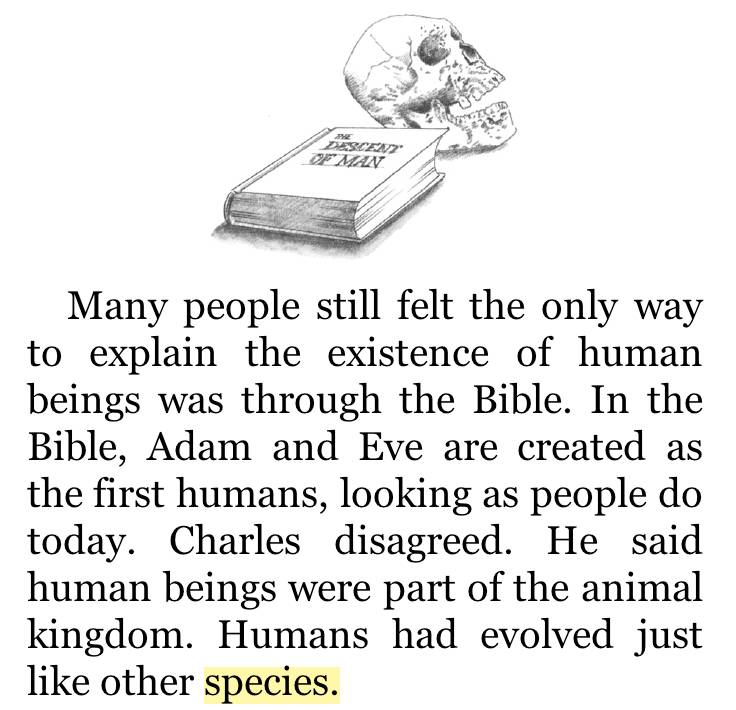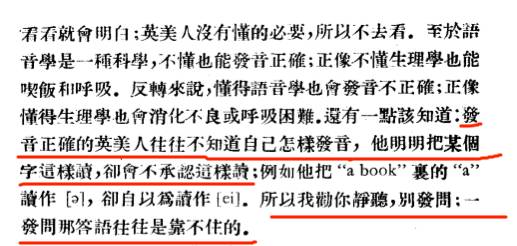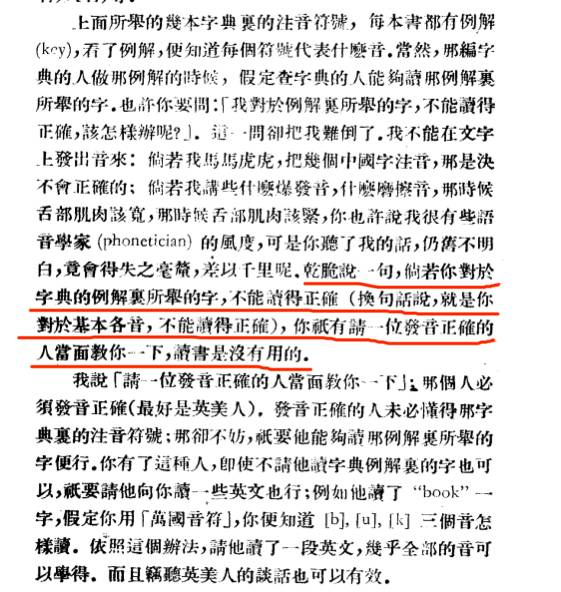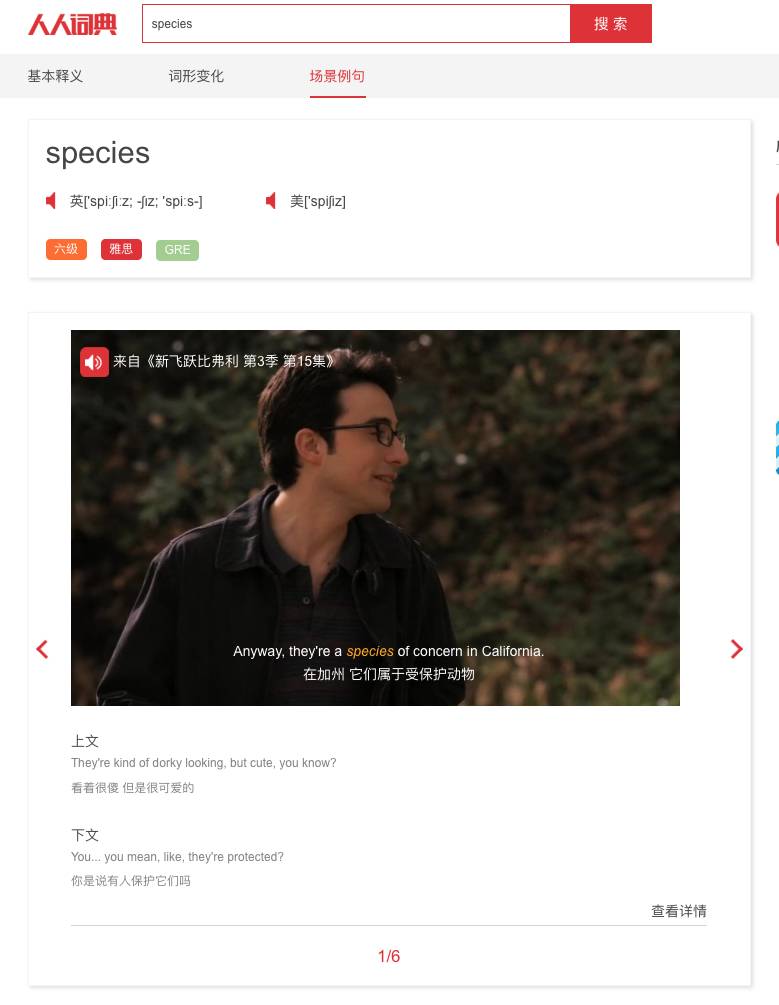The third session of the beginner reading group is reading the Who Is/Was series, and in Who Was Charles Darwin?, there is a passage that says:

Read it once, then listen to the audiobook’s narration:
How do you pronounce the word species? How is it pronounced in the audiobook? If you check the dictionary, you might see the phonetic transcription like this:

The phonetic transcription is /ˈspi:ʃi:z/, but in the audiobook, it is pronounced /ˈspiːsi:z/. Did I pronounce it wrong?
No, actually, this word has two pronunciations, /ˈspi:ʃi:z/ and /ˈspiːsi:z/, both are correct. Similar common words include grocery and associate, whether pronounced with sh or s is just a matter of personal habit. Merriam-Webster’s Collegiate Dictionary indicates both American pronunciations:

American pronunciation, I believe this dictionary is the most reliable.
From this pronunciation issue, we can see that: the phonetic transcription in the dictionary may sometimes not match the actual pronunciation. To understand how a word is pronounced, we cannot rely solely on its phonetic transcription.
We also need to be aware that the pronunciation of a word in isolation may differ from its pronunciation in a sentence. For example, the sound /s/ can easily be influenced by surrounding sounds, becoming similar or even identical to them, which is known as the phenomenon of assimilation in phonetics. This phenomenon can simplify pronunciation steps, making speaking less laborious, and is a phonetic phenomenon that we usually do not notice, even native speakers may not be aware of it.

Mr. Ge Chuanqiao discusses pronunciation
For example, when /s/ is before /ʃ/ and /j/, it will assimilate to /ʃ/, which is a place of articulation assimilation: /ʃ/ and /j/ are positioned relatively further back, which causes /s/ to also shift back. As a result, this ship would be pronounced as /’ðɪʃ ‘ʃɪp/, and this year would be pronounced as /’ðɪʃ ‘jɪr/. /s/ and /j/ can also merge together to produce a third sound /ʃ/.
In addition to checking phonetics and understanding phonetic phenomena, we need to listen to how native speakers pronounce words. Here, I recommend three tools: Reren Dictionary, Forvo, and Youglish. I encourage everyone to use them, and if you find them useful, please share them with more people.

I think if Mr. Ge were still alive, he would probably recommend these tools as well.
1. Reren Dictionary
Reren Dictionary is a free foreign language learning software jointly developed by the Reren Subtitling Group (www.zimuzu.tv) and the video technology provider FLVCD team (www.flvcd.com). It aims to perfectly combine over a decade of original bilingual subtitles from the subtitling group with dictionary tools, providing users with the best scene learning experience. The dictionary covers commonly used English vocabulary for exams such as the college entrance examination, CET-4, CET-6, IELTS, TOEFL, and GRE.
“Reren Dictionary” has a website, an app, and a mini-program, making it very convenient to use. We just need to input the word we want to look up, and we can see several clips from movies and TV shows that contain this word, allowing us to hear how native speakers pronounce it.

2. Forvo
Forvo is the world’s largest pronunciation guide, where you can find native pronunciations of millions of words. Compared to the